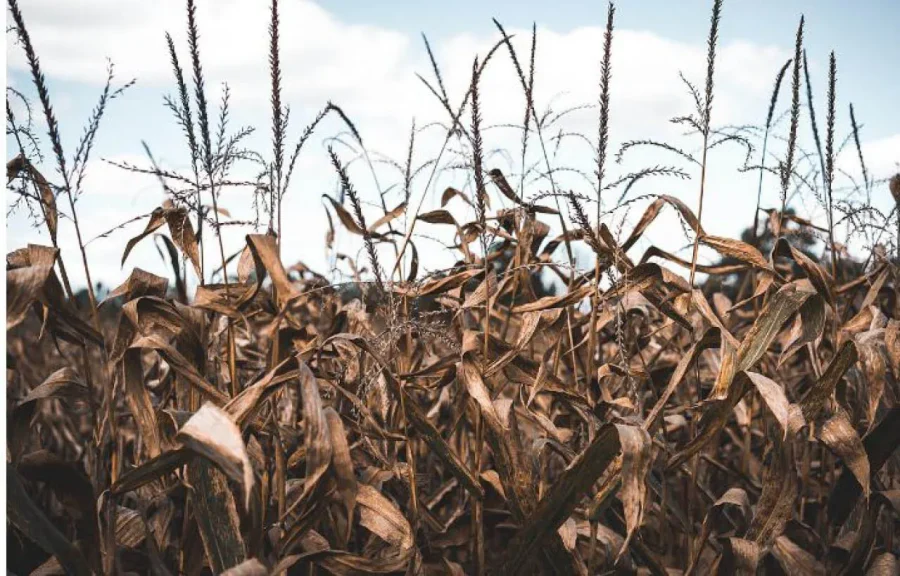Climate hazards are increasing and projected to become more severe and frequent with impacts leading to reduced agricultural and labour produc-tivity, loss of livelihoods, and human dis-placement, says a new report jointly released by the United Nations and Asian Development Bank. These hazards strain socio-economic and environmental systems, and hinder efforts to promote food security and alleviate poverty, says the ‘2024 Asia-Pacific SDG Partnership Report: People and Planet’, a joint publication of UNESCAP, UNDP and ADB.
The report says that transformative change is needed, as integrated approaches that unlock synergies and mitigate trade-offs in managing the ecosystem provide the best opportunities for transformative change that can advance climate action and address poverty and hunger. These approaches can leapfrog over barriers that limit progress, namely siloed actions that result in bad policy, investment gaps and an imbalance of short- and long-term benefits and costs that can impede climate action.
According to the report, the burdens of climate impacts are unevenly distributed and poorer countries, and low coping capacity is leading to increased poverty and food insecurity.—AFP










